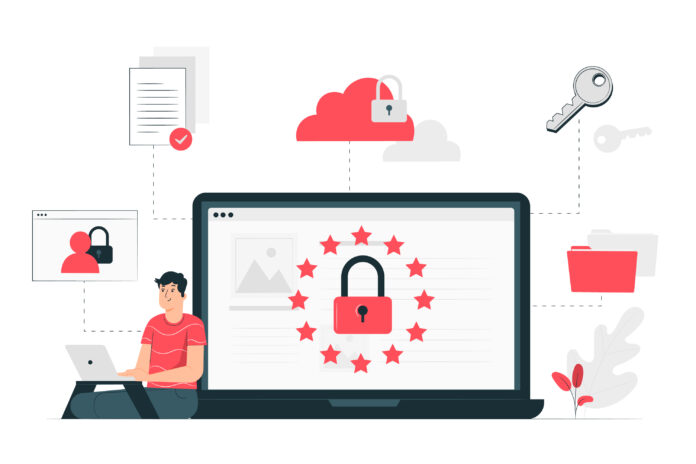

In today’s data-driven world, the importance of data security cannot be overstated. Businesses and organizations are constantly faced with the challenge of safeguarding their sensitive information against evolving cyber threats. Two primary approaches for data storage and management are traditional data centers and cloud environments. This article explores the differences in data security between these two options.
Traditional Data Centers: Traditional data centers have been the backbone of data storage for decades. They involve physical servers and infrastructure located on-premises or in off-site facilities. Here’s how data security in traditional data centers typically works:
1.Physical Access Control: Traditional data centers are physically secured, often requiring authorized personnel to pass through multiple layers of security, including bio-metric authentication, to access the servers.
2.Direct Control: Organizations have direct control over their data center’s security policies, allowing them to implement customized security measures tailored to their needs.
3.Isolation: Data is isolated within the organization’s own infrastructure, reducing the risk of unauthorized access.
4.Maintenance and Updates: Organizations are responsible for maintaining and updating their hardware and software, ensuring that security patches are applied promptly.
5. Costs: While offering a high degree of control, traditional data centers can be costly to set up and maintain.
Cloud Environments: Cloud computing has revolutionized data storage and management, offering flexibility and scalability. However, concerns about data security have arisen.
Here’s how data security in cloud environments compares:
1.Shared Responsibility: Cloud service providers (e.g., AWS, Azure, Google Cloud) fol-low a shared responsibility model. They secure the infrastructure (physical security, network, and hypervisor), while customers are responsible for securing their data and applications.
2.Security Features: Cloud providers offer a range of security features, including encryption, identity and access management, firewalls, and monitoring tools. Customers can configure these features to enhance their data security.
3.Compliance: Many cloud providers adhere to strict compliance standards, making it easier for businesses in regulated industries to meet compliance requirements.
4.Scaling: Cloud environments allow organizations to scale their resources up or down as needed, enhancing flexibility without compromising security.
5.Costs: Cloud services often follow a pay-as-you-go model, which can be cost-effective, but it’s essential to manage usage to avoid unexpected expenses.
Choosing the Right Approach:
The choice between traditional data centers and cloud environments depends on an organization’s specific needs and resources. Some opt for hybrid solutions, combining the best of both worlds.
Here are key considerations:
•Control: Organizations requiring maximum control over their data may prefer traditional data centers.
•Scalability: Businesses with fluctuating workloads or those seeking cost-efficiency may lean toward cloud environments.
•Compliance: Industries with strict regulatory requirements may find cloud providers with compliance certifications more appealing.
•Budget: Consider your budget constraints and the total cost of ownership when deciding between the two.
In conclusion, data security is a paramount concern for any organization. Traditional data centers offer direct control and physical security, while cloud environments provide flexibility and scalability with robust security features. The decision should be based on individual needs, balancing control, scalability, compliance, and budget considerations to ensure the highest level of data security possible in today’s digital landscape.





















